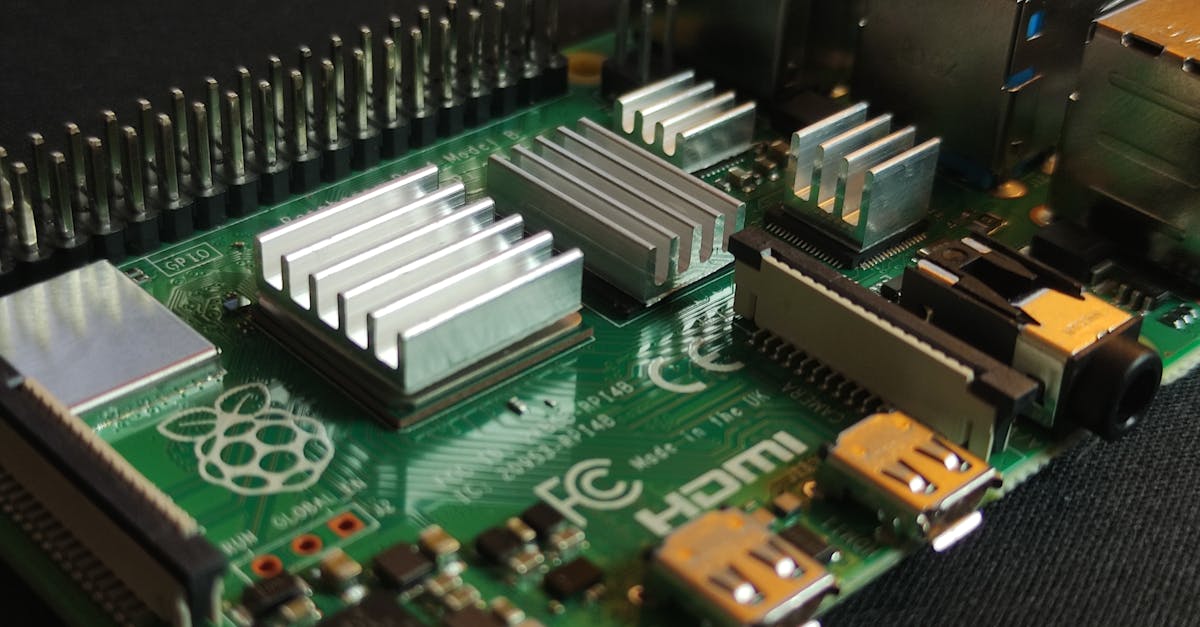In a world where everything from your fridge to your dog’s collar is getting smarter, IoT SIM cards are the unsung heroes powering this technological revolution. Think of them as the secret sauce that keeps all those connected devices chatting away without a hitch. Without these tiny powerhouses, your smart home would be more like a dumb home—awkwardly silent and stuck in the past.
Table of Contents
ToggleOverview of IoT Sim Cards
IoT SIM cards facilitate communication between numerous connected devices in smart technology environments. Unlike traditional SIM cards, these specialized components are designed for the unique demands of Internet of Things applications. Each card supports a wide range of functions, enabling devices to exchange data swiftly and securely.
These SIM cards often work on global networks, providing connectivity across different regions. With this capability, they cater to various locations without requiring multiple SIM cards for each device. Connectivity remains stable, even in the face of changing network conditions.
Data plans associated with IoT SIM cards typically offer options tailored for low-bandwidth applications. These plans focus on cost efficiency while delivering the necessary support for device operations. Such flexibility suits diverse uses, from smart meters to agricultural sensors.
Security considerations play a vital role as well. IoT SIM cards incorporate advanced encryption to safeguard transmitted data. By mitigating risks, they enhance the reliability of connected devices and build trust among users.
Manufacturers and service providers constantly innovate, resulting in improved functionalities. Features such as remote provisioning allow for seamless management of IoT devices without physical access. These enhancements make IoT SIM cards increasingly indispensable in the growing landscape of interconnected technology.
Ultimately, the capabilities of IoT SIM cards drive the development of smarter solutions across various sectors. Their influence extends to internet-enabled appliances, smart cities, and beyond, highlighting the essential nature of these components in today’s digital era.
Types of IoT Sim Cards
IoT SIM cards come in various types, each designed to serve specific use cases within the IoT space. Understanding these types is essential for optimizing device connectivity.
Standard IoT Sim Cards
Standard IoT SIM cards resemble traditional SIM cards but are tailored for IoT applications. They facilitate basic connectivity for devices like smart meters and health monitors. Users can deploy these SIM cards in numerous devices without geographical limitations, as they support global roaming. Standard IoT SIM cards often come with customized data plans aimed at low bandwidth consumption, promoting cost efficiency. Providers offer flexibility, enabling users to select plans that match their operational requirements.
Embedded IoT Sim Cards
Embedded IoT SIM cards feature integration directly within devices. Unlike standard SIMs, these cards are soldered onto circuit boards, making them tamper-resistant and suitable for environments that demand durability. Embedded SIM cards enable remote management, allowing updates and reconfiguration without physical access. Their design supports efficient space utilization within compact devices. Notably, embedded IoT SIM cards enhance device security with advanced encryption methods, protecting sensitive data during transmission. This technology plays a vital role in sectors like automotive and industrial automation, where reliability is critical.
Key Features of IoT Sim Cards
IoT SIM cards offer unique features specifically tailored for seamless communication among connected devices.
Connectivity Options
Various connectivity options characterize IoT SIM cards. These cards provide global coverage, enabling devices to communicate across regions without switching SIMs. Cellular networks offer the primary connectivity type, supporting 2G, 3G, 4G, and emerging 5G technologies. Additionally, satellite connectivity serves remote areas where cellular signals are weak. Dual SIM functionality enhances device connectivity by allowing simultaneous use of different networks. The flexibility in connectivity ensures reliable performance for applications ranging from smart meters to industrial machinery.
Data Plans and Pricing
Data plans associated with IoT SIM cards emphasize cost efficiency. Providers design these plans around low-bandwidth needs, catering to the specific requirements of IoT devices. Customization options allow businesses to select plans suited to their use cases, with pricing based on data usage and connections. Often, providers offer pay-as-you-go plans, which can reduce costs for devices with varying data needs. The scalability of these plans benefits businesses as they expand their operations. Discounts are also available for large-scale deployments, making IoT SIM cards an affordable option for extensive networks.
Benefits of Using IoT Sim Cards
IoT SIM cards provide numerous advantages that enhance the functionality of connected devices. Cost efficiency ranks high among these benefits. Tailored data plans help minimize expenses while accommodating low-bandwidth applications.
Increased global connectivity stands out as another major benefit. These SIM cards operate seamlessly across different regions, eliminating the need for multiple SIM cards for various locations. This feature proves essential for businesses with devices deployed worldwide.
Reliability remains a priority for IoT SIM cards. Advanced security measures, including encryption, help protect sensitive data transmitted between devices. Such security is crucial for sectors like healthcare and finance, where data integrity is paramount.
Durability characterizes embedded IoT SIM cards, which integrate directly into devices. This integration enhances tamper resistance, making them an ideal choice for applications in transportation and industrial automation. Enhanced remote management capabilities further reduce maintenance costs and streamline operations.
Multiple connectivity options enhance the versatility of IoT SIM cards. Users can access various cellular technologies, including 2G, 3G, 4G, and even emerging 5G networks. For areas lacking cellular coverage, satellite connectivity offers an effective solution, ensuring devices remain operational regardless of location.
Customization options cater to specific needs, allowing businesses to choose the most suitable plans for their unique applications. Pay-as-you-go models facilitate budget management, particularly for companies scaling their operations. Discounts for large deployments incentivize businesses to adopt IoT solutions more broadly.
Ultimately, the benefits of IoT SIM cards play a pivotal role in the acceleration of smart technology integration across industries. Various sectors, from automotive to smart cities, rely on these cards to achieve effective communication and operation of connected devices.
Challenges and Considerations
IoT SIM cards face numerous challenges that organizations must address when deploying smart technology. Security concerns represent a significant issue. Data breaches and unauthorized access to sensitive information pose risks, making robust encryption essential for safeguarding communications.
Cost structures also require careful analysis. Selecting the appropriate data plan can impact overall expenses, especially for large-scale deployments. Companies must evaluate usage patterns to ensure that they optimize their spending on connectivity solutions.
Network coverage can be a limiting factor. Although IoT SIM cards offer global connectivity, not all regions have equal access to reliable cellular networks. Deploying devices in remote areas can lead to connectivity problems if alternative solutions aren’t available.
Interoperability among devices adds another layer of complexity. Many IoT solutions rely on various networking protocols. Ensuring compatibility between different technologies is vital for seamless communication and effective data exchange.
Regulatory compliance remains a crucial consideration. Different countries impose unique regulations regarding data transmission and privacy. Organizations must stay informed about regional laws to avoid potential penalties.
Lastly, scalability becomes important when planning future expansion. As the number of connected devices grows, the SIM card infrastructure must handle increased traffic efficiently. Organizations should choose solutions that can adapt easily to meet changing demands.
Mitigating these challenges requires careful planning and consideration. Businesses must remain proactive in addressing potential issues to leverage the full benefits of IoT SIM cards. Prioritizing security, cost efficiency, network availability, interoperability, regulatory compliance, and scalability enables organizations to thrive in the evolving landscape of smart technology.
IoT SIM cards are indispensable in the realm of smart technology. They enable seamless communication between devices and ensure that smart homes and industries thrive. With tailored data plans and advanced security features, these cards facilitate reliable connectivity while addressing the unique demands of IoT applications.
As organizations continue to integrate IoT solutions, the importance of choosing the right IoT SIM card becomes clear. By prioritizing factors like cost efficiency and network availability, businesses can navigate the challenges of deployment effectively. In doing so, they unlock the full potential of smart technology, driving innovation and efficiency across various sectors.




